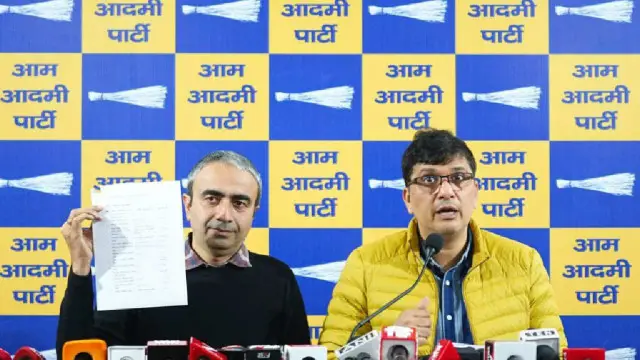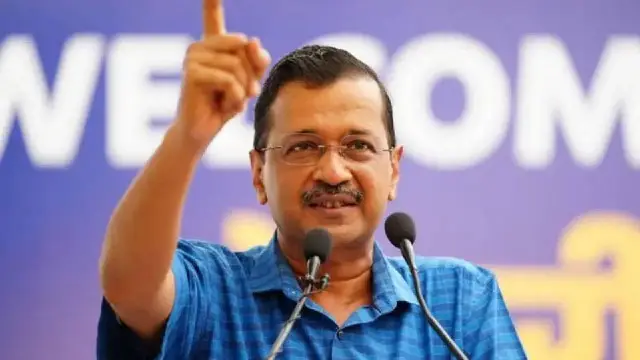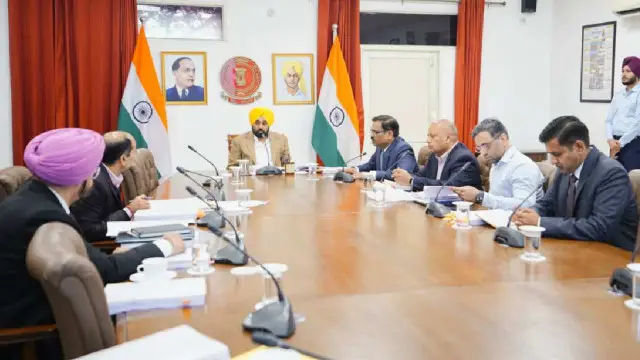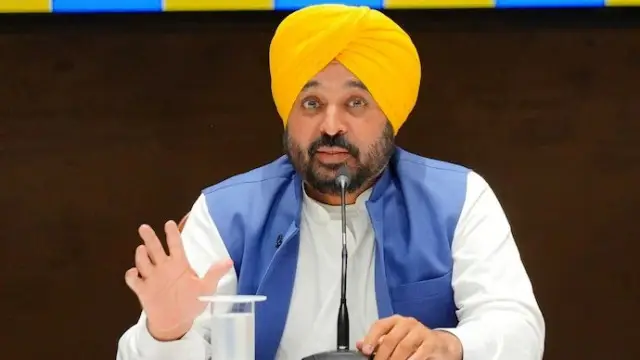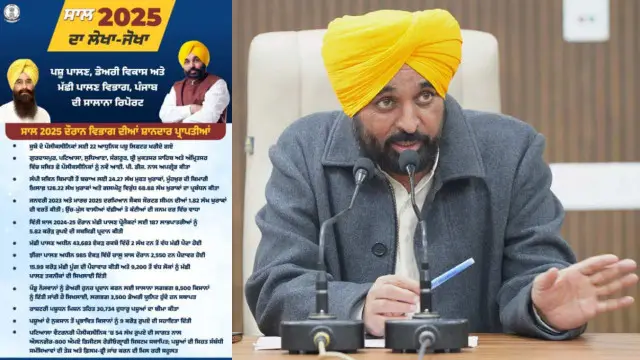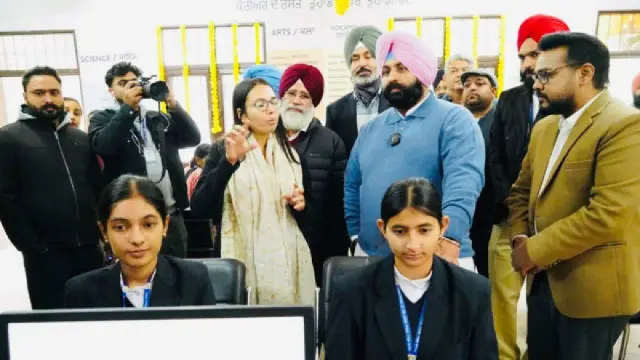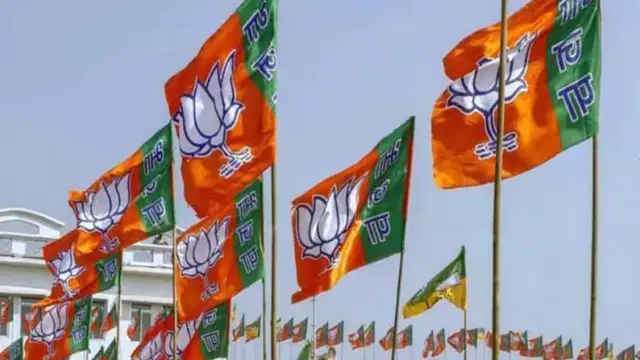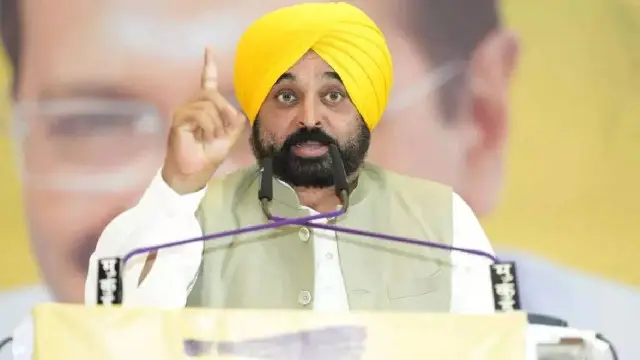JNU student union elections garner 73% voter turnout: Here's how its processed
The election committee's chair, Shailendra Kumar, reported that voter turnout was almost 73% of what was anticipated.

In a display of active civic engagement, Jawaharlal Nehru University (JNU) recently conducted its student union elections, boasting an impressive 73% voter turnout. This significant participation reflects the student body's commitment to democratic principles and the importance they place on selecting their representatives. Let's delve into the process behind this noteworthy turnout.
Registration and Eligibility
The first step in the electoral process is voter registration. Eligible students must ensure they are enlisted on the voter list, meeting specified criteria set by the university administration. This includes academic standing, enrollment status, and other requirements outlined in the election guidelines.
Campaigning Period
Once the voter list is finalized, candidates enter a designated campaigning period. This allows aspirants to present their platforms and engage with fellow students to garner support for their candidacy. Campaigning activities often include rallies, debates, poster displays, and social media outreach, all aimed at showcasing their vision and garnering votes.
Voting Day Preparations
On the day of the elections, meticulous arrangements are made to ensure a smooth voting process. Polling stations are set up across the university campus, strategically located to facilitate maximum student participation. Election officials are stationed at each polling booth to assist voters, verify identities, and maintain order throughout the voting process.
Electronic Voting System
JNU employs an electronic voting system to streamline the voting process and enhance efficiency. This technology allows students to cast their votes electronically using designated devices at polling stations. The electronic system ensures accuracy, transparency, and expediency in tallying the votes, thereby minimizing errors and expediting the declaration of results.
Ensuring Transparency and Fairness
Transparency and fairness are paramount in the electoral process. Election observers, appointed by the university administration, oversee the proceedings to ensure adherence to electoral rules and regulations. Any complaints or discrepancies raised during the voting process are promptly addressed to uphold the integrity of the elections.
Post-Election Analysis
Following the conclusion of voting, the ballots are tallied, and the results are tabulated. The election commission meticulously reviews the outcome to verify its accuracy and integrity. Once verified, the official results are announced, and the newly elected student representatives assume their respective roles and responsibilities within the student union.
The impressive 73% voter turnout in the JNU student union elections underscores the vibrant democratic culture and active student engagement within the university community. By participating in the electoral process, students reaffirm their commitment to shaping the future of their institution and society at large. As JNU continues to uphold democratic values and principles, its student union elections serve as a beacon of participatory democracy and collective empowerment.




